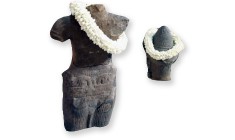Terminology
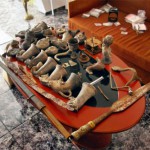
Illicit Antiquities
Why the use of ‘illicit’ rather than ‘illegal’ or ‘criminal’ in the literature when talking about the international market in looted antiquities?

Tchorniye arkheologi (‘Black archaeologists’ or чёрные археологи)
Different terms and nicknames are used across the world to describe illegal diggers of archaeological sites, such as tombaroli (in Italy), nighthawks (in the British Isles), and huecheros (Belize and Guatemala). In parts of Eastern Europe including the Russian Federation, and other post-Soviet states such as Moldova (Musteață 2010), and the Baltic states (Monitoring Group 2005: 19; Ulst 2010),...
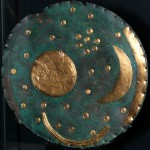
Raubgräber
‘Raubgrabung’ means ‘illegal excavation’ in German (literally ‘robbery dig’), and ‘Raubgräber’ is a term used to refer to those excavating an archaeological site illegally, usually involving the use of a metal detector.

Fakes and Forgeries
A fake is something that purports to be what it is not.
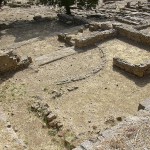
Tombarolo
‘Tombarolo’ is an Italian term (plural ‘tombaroli’), derived from the Italian word ‘tomba’, meaning tomb or grave.

Huechero
A huechero is a person who clandestinely excavates at archaeological sites for the purpose of obtaining marketable antiquities; a looter.
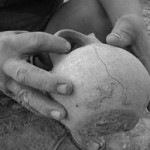
Huaquero
A huaquero is a person who clandestinely excavates at archaeological sites for the purpose of obtaining marketable antiquities; a looter.

Subsistence Digging
The term ‘subsistence digger’ is used to refer to an individual who engages in the illicit excavation of archaeological sites for saleable cultural objects due to extreme poverty...
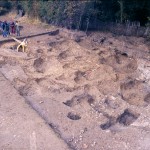
Nighthawk
The term ‘nighthawk’ is generally used to refer to an individual who knowingly uses a metal detector in illegal activity, particularly involving theft from a protected archaeological site and/or from private land.
